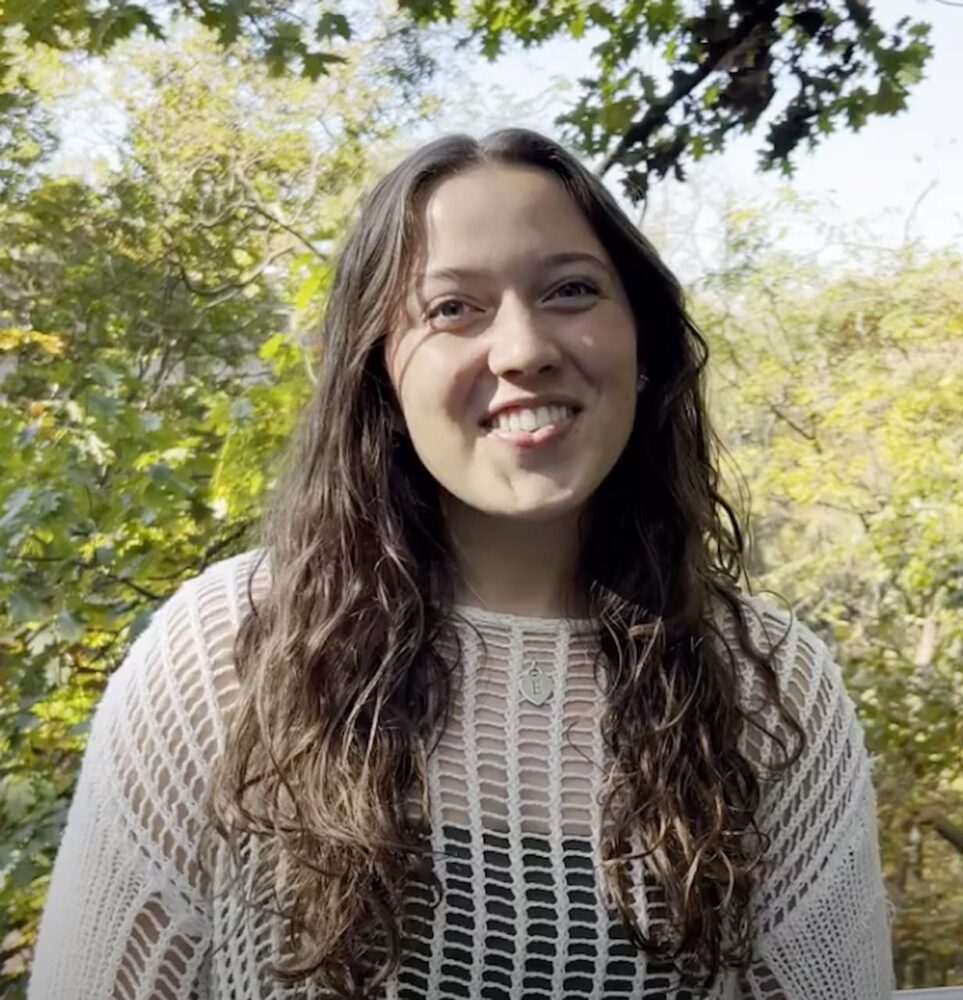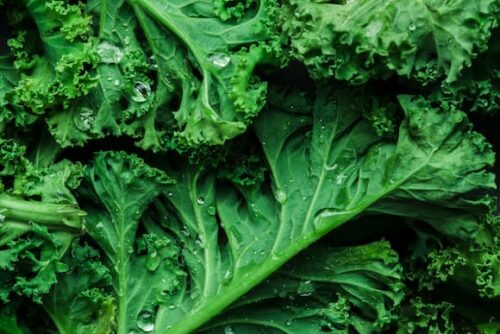
Eva Breiland, an undergraduate student at the Johns Hopkins University in the United States of America, comes from an agricultural family of farm owners and financers. Watch her Lived Experience to learn more about her background, why it’s so important to rewire our food systems, and what she’s doing now to make agriculture more sustainable.
Story arranged and filmed by the Next Generation Youth Council.
Transcripts
View this video on YouTube for the full transcript and translations.
View on YouTube here: https://www.youtube.com/watch?v=Da7icO3bZ3s
English
Hi, my name is Eva Breiland. I’m from Minneapolis, Minnesota and I’m a sophomore at Johns Hopkins. I’m also the co-president of the alternative protein project at Johns Hopkins. I’m currently studying Applied Mathematics and statistics and Environmental Studies. Planetary Health to me, I think that in a lot of my sustainability courses there’s kind of this inherent idea that humans are bad for the planet and that the, that planetary systems and human systems inherently clash and I think that Planetary Health is this idea that there can be balance that benefits both human systems and environmental systems and I really am a fundamental believer in, like, the good of the balance. For me, that really looks like in my work in sustainable food systems. I’m really really really passionate about finding food systems that benefit the planet and also creates equitable and consistent and reliable access to food across the globe. This really started for me, being from Minnesota, my whole family is involved in agriculture. My, all my extended family lives in rural Minnesota. Farm owners, farm financers, and I am very familiar with this inherent pride in agriculture and in the production of food and also just the ties of food to American values and American identity and that spans across the across the globe.
People are inherently tied to the food that they eat, and sustainable eating to some might threaten that idea because production and consumption patterns need to change in the way that we’re currently producing food things are not sustainable. Things are not finding that balance with the planet and that threatens livelihoods. That threatens ways of, that threatens cultural norms and, but I’m, I’m really passionate about finding that balance. For, at the alternative protein project, we’re really focusing on shifting away from conventional animal agriculture. Relying on methods of cultivation fermentation and plant-based to find new, new forms of protein to provide for, to, to provide for standard diet and just like really relying on new technologies and new cultivation methods in order to shift dietary patterns and norms and this is crucial. Animal agriculture currently pollutes water, air, soil. It’s a huge greenhouse gas emitter – methane, CO2 – it, it spans so much of the world’s current land use is devoted to agriculture and this completely degrades forest because, and is a huge contributor to deforestation currently, and so shifting away from conventional animal agriculture methods is necessary and the thing is, like people are tied to their meat and tied to, tied to animal agriculture in kind of a fundamental way and it’s bounded in people’s identity and that’s important and not something that we can ignore as we kind of shift away from that and find new methods. And I think that alternative proteins are kind of the method to handle that, that transition.
So, that’s kind of, that’s my role, that’s my belief in Planetary Health. I believe in future food systems. I believe in sustainability in the way that we eat and the way that we consume and the way that we produce food and I believe in equitable and sustainable food systems.

